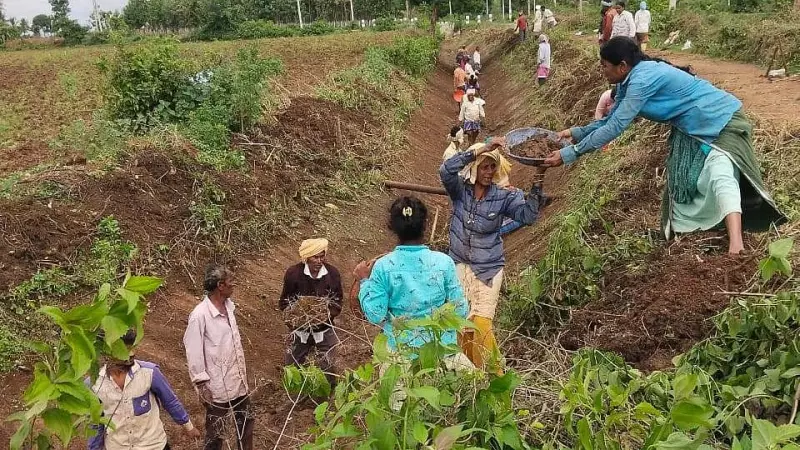
Two decades after the landmark Mahatma Gandhi National Rural Employment Guarantee Act transformed rural India, a concerning study from Karnataka reveals significant gaps in its implementation. The scheme that promised 100 days of work per household is delivering only half that amount, raising alarms about rural economic stability.
Study Exposes Critical Employment Shortfall
The 2024 Performance Analysis of MGNREGA in Karnataka delivered sobering findings about the scheme's current effectiveness. According to the research, the average days of employment provided per household stands at approximately 50% of the programme's prescribed limit of 100 days.
This substantial gap between promise and reality comes at a critical juncture - exactly twenty years after MGNREGA's launch. The timing is particularly worrying given recent budget reductions that threaten to further undermine the programme's capacity to serve rural communities.
Progress Under Threat
For many rural families across Karnataka, MGNREGA has been more than just an employment scheme - it has been a lifeline during agricultural off-seasons and economic downturns. The programme's guaranteed work provision has lifted countless households from poverty and provided crucial financial stability.
However, the current employment shortfall combined with budgetary constraints creates a perfect storm that could reverse two decades of progress. Families that had achieved modest economic security now face the real possibility of sliding back into financial uncertainty.
Broader Implications for Rural Development
The Karnataka findings reflect a larger national concern about the sustainability of rural employment guarantees. As the study highlights, when the programme functions at only half its intended capacity, the consequences ripple through entire rural economies.
Local businesses dependent on rural purchasing power suffer, agricultural workers lack off-season income security, and migration to urban centers often increases. The situation demands urgent attention from policymakers to ensure that twenty years of rural development gains are not eroded.
The study, published on November 16, 2025, serves as both a warning and a call to action. As MGNREGA enters its third decade, the challenge remains to fulfill its original promise of guaranteed rural employment while adapting to contemporary economic realities.






